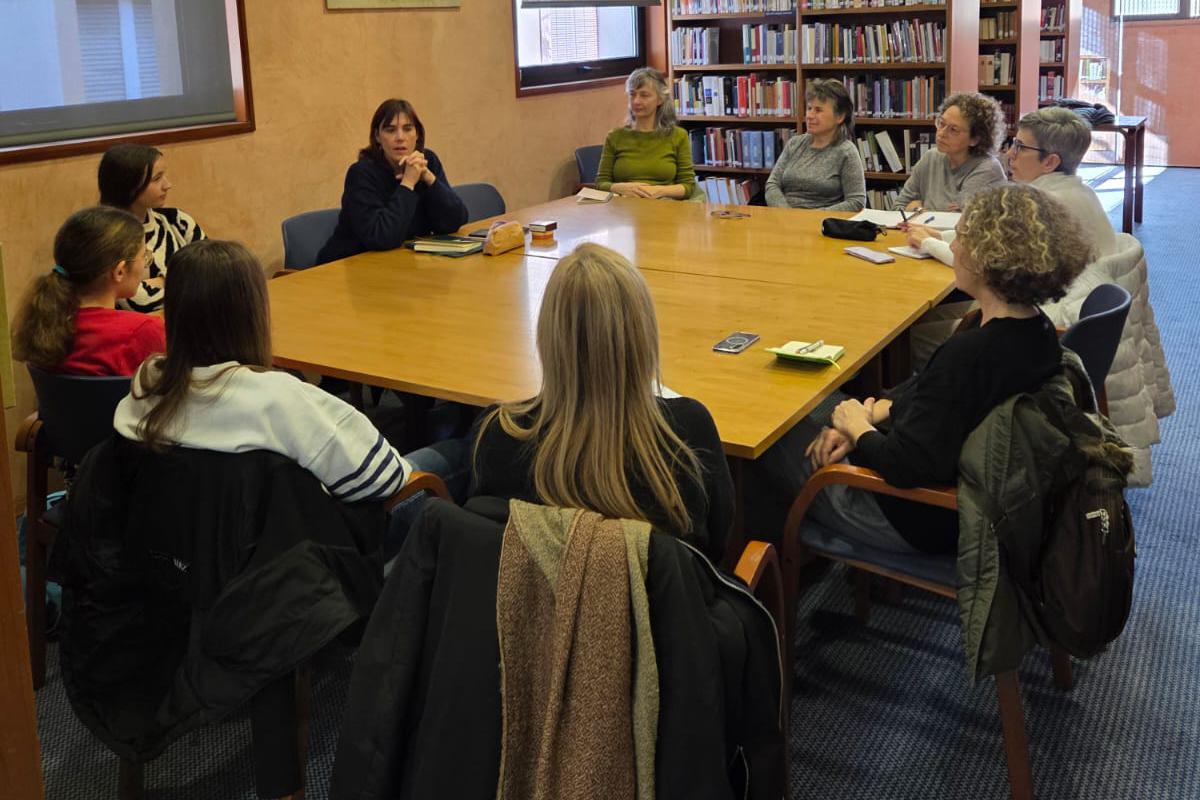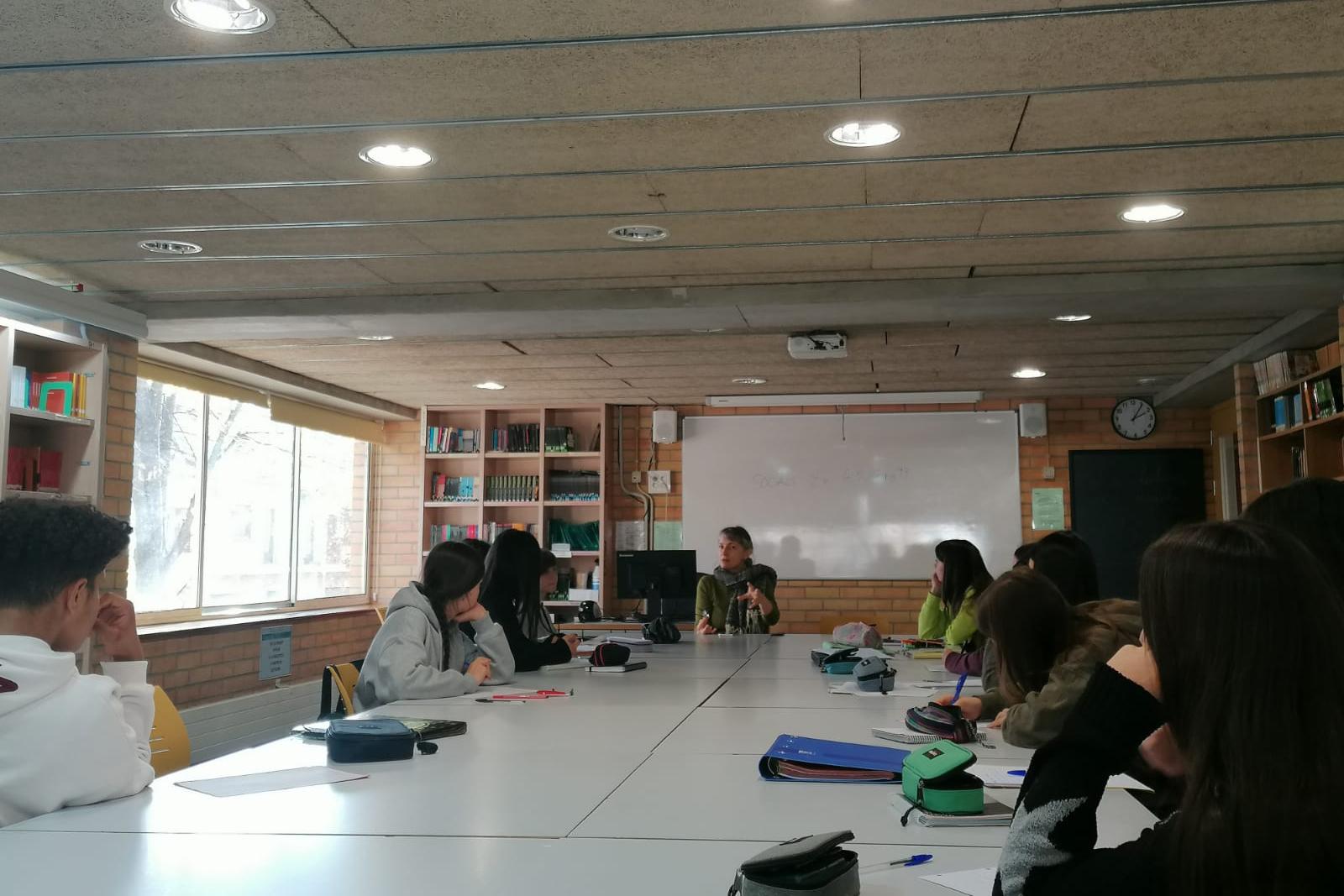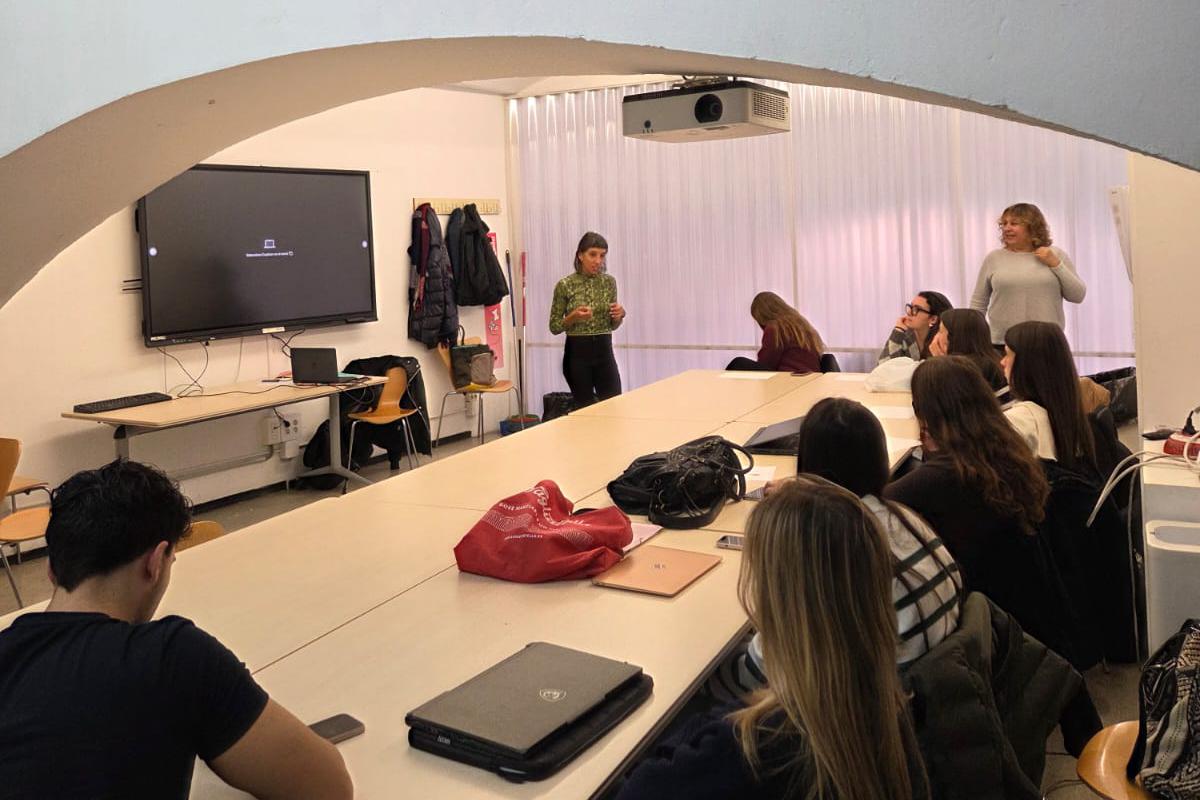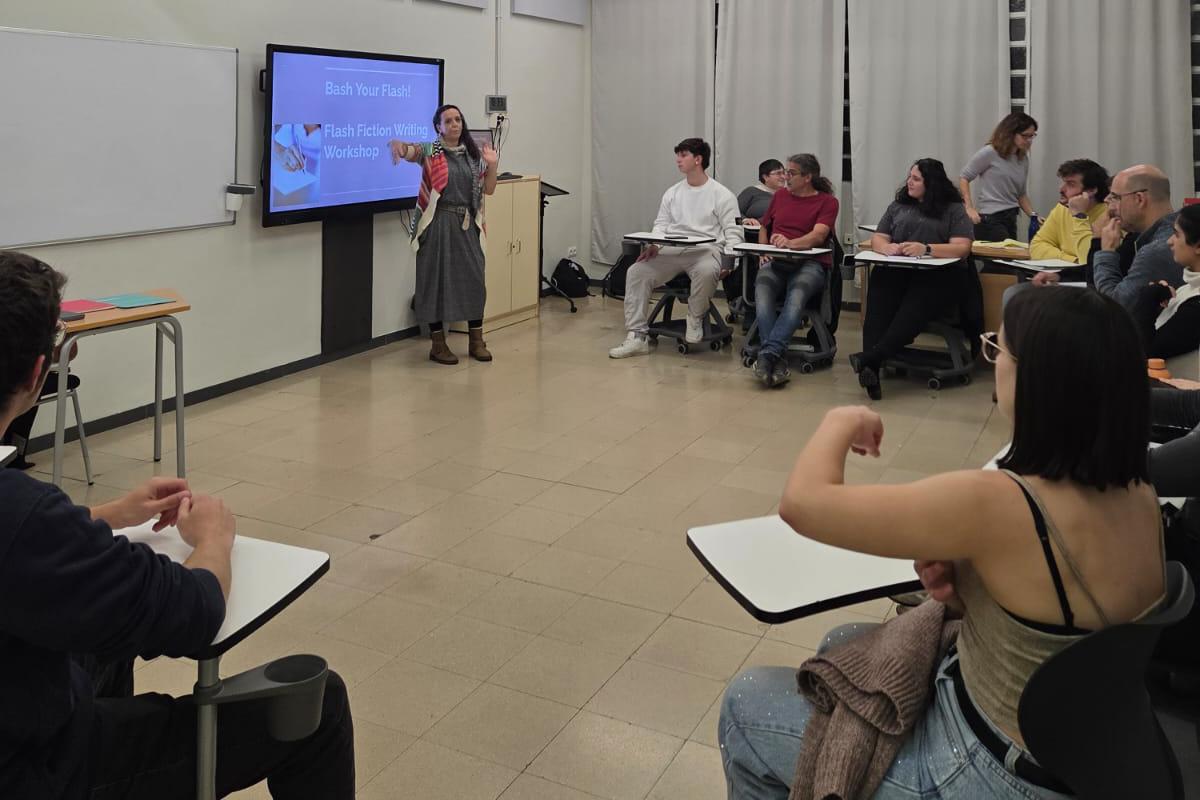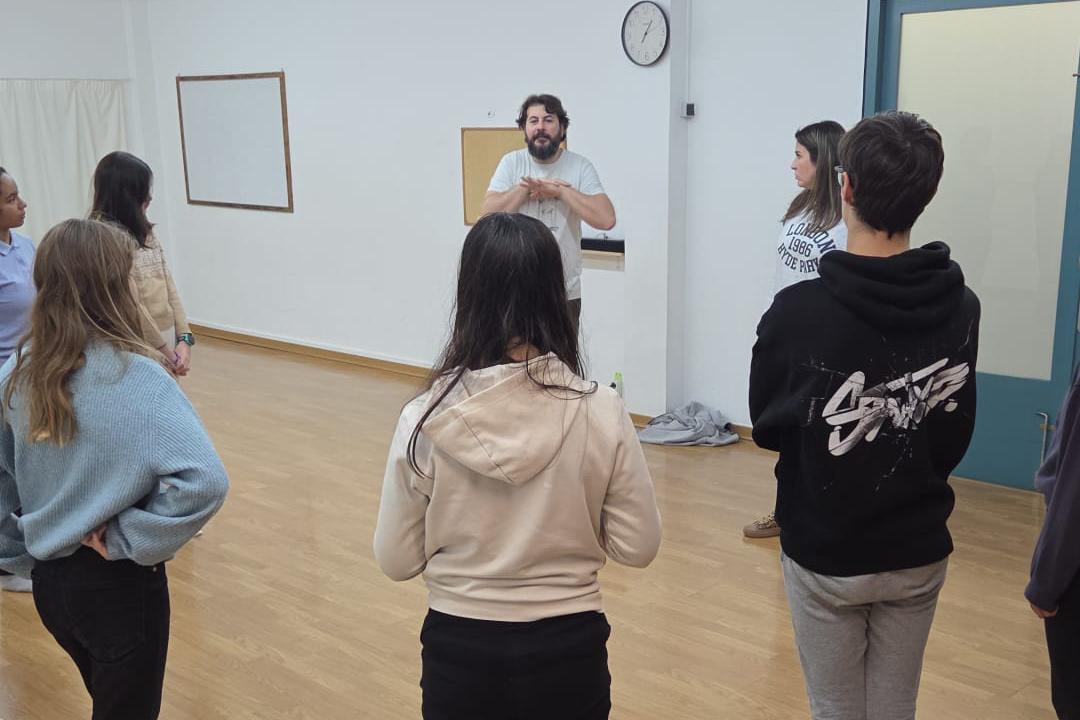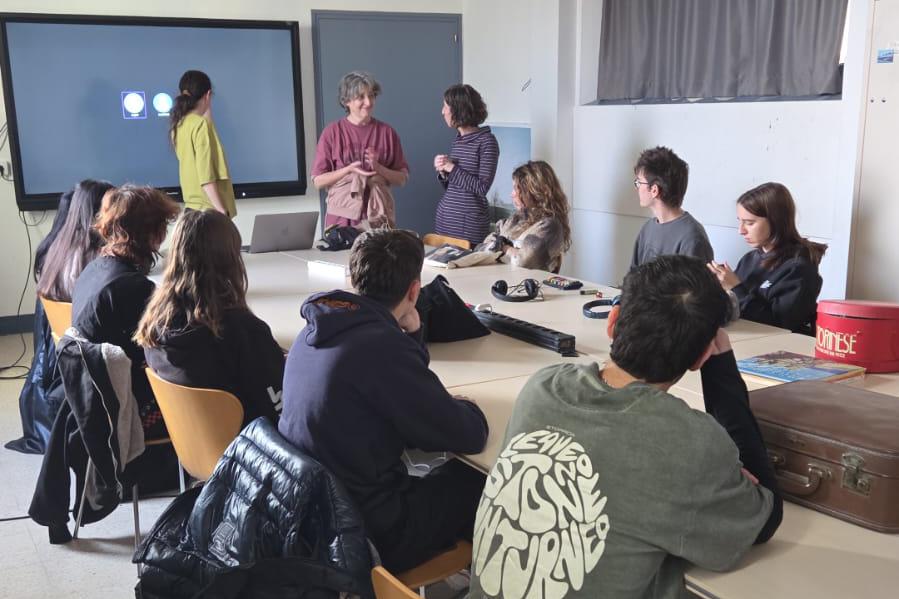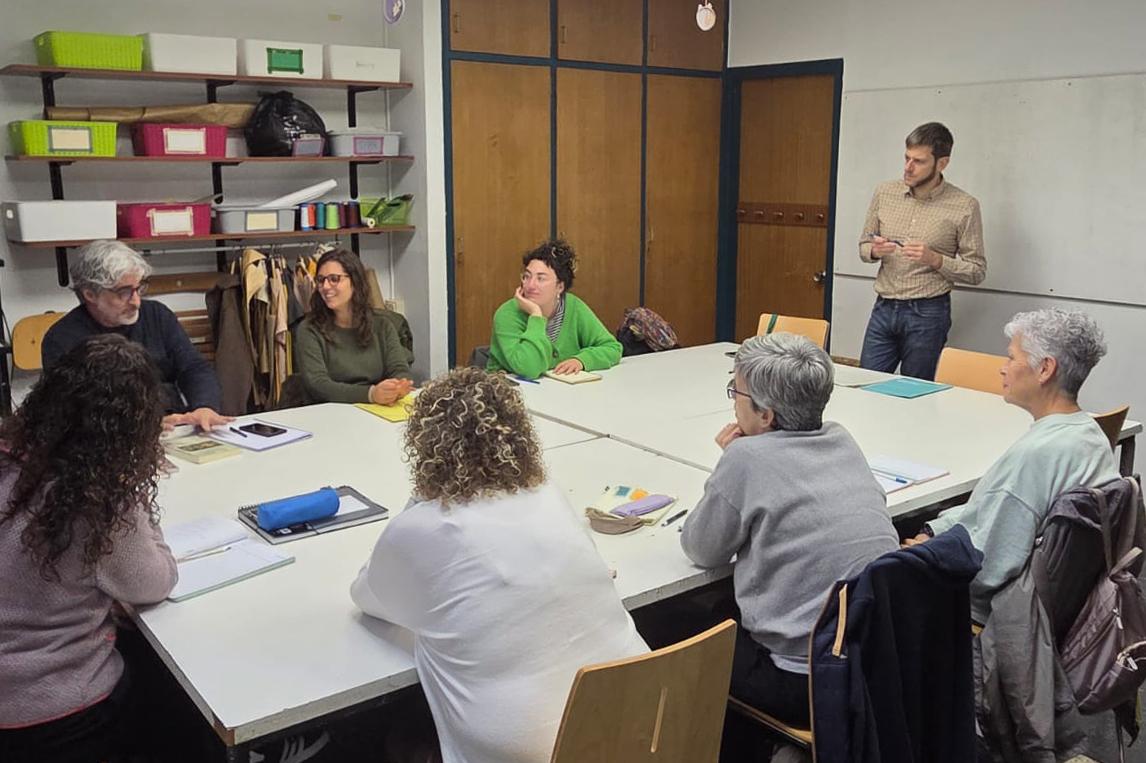University Rankings and the politics of representation on who and what counts in higher education
Michelle Stack | UAB. GEPS Seminar | On April 27, 2018
Friday, 27 April 2018 , Olot
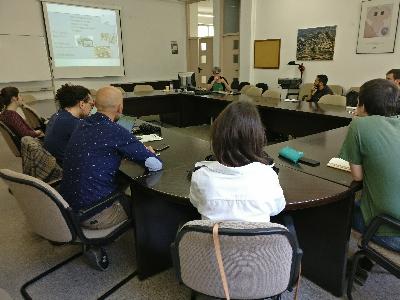
University Rankings and the politics of representation on who and what counts in higher education
Institutions around the world experience the impact of rankings. Rankings influence everything from resource allocation, decisions around faculty and senior leadership hires and where faculty publish. Rankers frequently use reputation surveys and the number of Nobel prize winners on faculty as proxies for being a world-class institution. This paper focuses on celebritization and mediatization as two visibility strategies deployed by top-ranked universities. Websites of top-ranked universities point to how universities market themselves through logics of media. The Nobel prize provides a case study on the use of a reinforcing homogenizing framework for determining knowledge and knowers that reinforces gendered, social class, regional and racial hierarchies. The paper concludes with proposing that the focus on celebrities and reputation surveys creates an echo that conflates wealth and fame, but that possibilities for counter-narratives exist and could be amplified.
Michelle Stack: Select Media Pieces on Rankings
Take university rankings with a grain of salt
Why rankings cause too much anxiety
Let’s focus on education not rankings
Who and what gets left out of university rankings



